Popović: Univerzitet napreduje ako ga naučna misao vodi, a umjetnički duh oblikuje
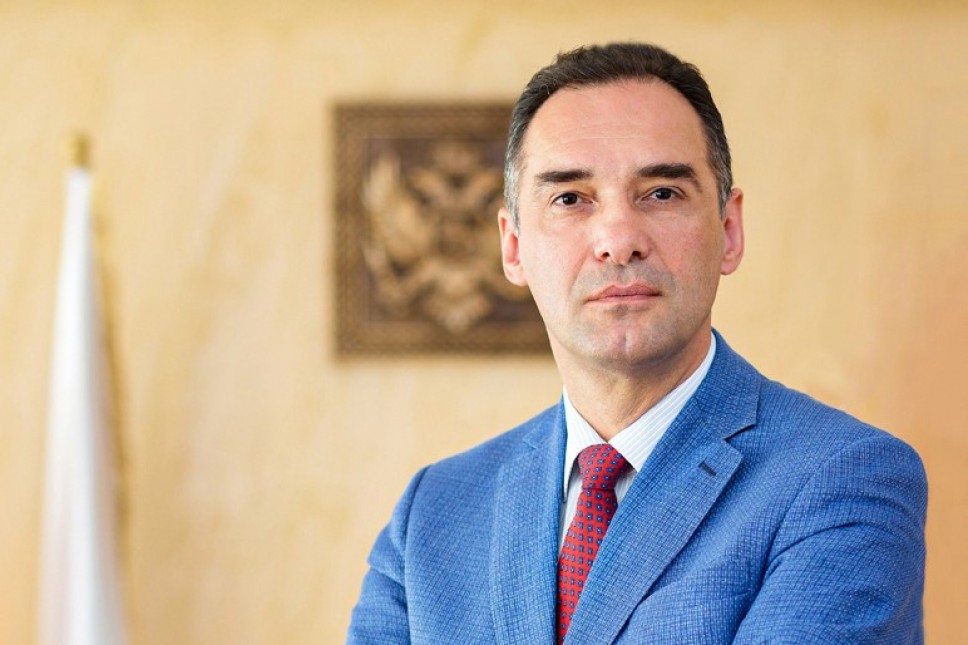
U susret 50. rođendanu Univerziteta Crne Gore prisjećamo se osnova na kojima je građen UCG kakvog danas poznajemo, oživljavamo uspomene na pregnuća njegovih osnivača, praveći duboki osvrt na bogatu istoriju i nasljeđe ove institucije. U ovom procesu neizostavno je staviti fokus i na najstariju visokoškolsku instituciju u Crnoj Gori, Ekonomski fakultet u Podgorici. Ekonomski fakultet osnovan je 1960. godine, odlukom Narodne skupštine Republike Crne Gore, donesene 31. maja, a prvobitno se nalazio u sastavu Univerziteta u Beogradu. Nakon formiranja Univerziteta „Veljko Vlahović“, aprila 1974. godine, Fakultet je, kao jedan od osnivača, postao njegov član.
Tokom više od šest decenija postojanja veliki broj ličnosti iz političkog i javnog života zemlje se školovao upravo na Ekonomskom fakultetu u Podgorici, dok se određeni broj njegovih studenata odlučio da svoj karijerni put nastavi upravo na ovom fakultetu. Među istaknutim profesorima koji su i sami studirali na Ekonomskom fakultetu u Podgorici, a zatim stečeno znanje nastavili da prenose na mlađe generacije i ulažu ga u dalji napredak ove obrazovne institucije, ovom prilikom ističemo prof. dr Sašu Popovića, redovnog profesora.
Popović je 1991. diplomirao na Ekonomskom fakultetu u Podgorici. Magistrirao je na Ekonomskom fakultetu Univerziteta u Beogradu (1996), na temu "Matematičko-statistički modeli analize berzanskih transakcija". Zvanje doktora nauka stekao je na Univerzitetu Crne Gore (1999) sa disertacijom pod nazivom "Portfolio analiza - kvantitativni aspekti investiranja u hartije od vrijednosti".
Od 1992. godine stalno je zaposlen na Ekonomskom fakultetu u Podgorici. Predaje na osnovnim, master i doktorskim studijama fakulteta. Njegova uža naučna oblast su finansije. Predaje Finansijski menadžment, Portfolio menadžment, Analizu berzanskog poslovanja, Korporativne finansije II. Od 2016. godine obavljao je funkciju prodekana za međunarodnu saradnju na Ekonomskom fakultetu. U periodu od 2011 - 2018 je bio predsjednik Saveza ekonomista Crne Gore.
Dobitnik je nekoliko stipendija, od kojih i prestižne Fulbright stipendije (Columbia University, New York, 2001-02). Sarađivao je sa značajnim insititucijama, od kojih izdvaja Cohig & Associates, Denver, CO, USA (1995) i Lazard Asset Management, New York, NY, USA (2002) Cohig & Associates, Denver, CO, USA (1995). Vanredni je član Svjetske akademije nauka i umjetnosti (WAAS).
Svoje bogato akademsko i poslovno iskustvo prenosi na svoje studente, podstiče ih da imaju otvoren um, te ih inspiriše da i sami dostignu velike profesionalne visine u svojim budućim profesijama.
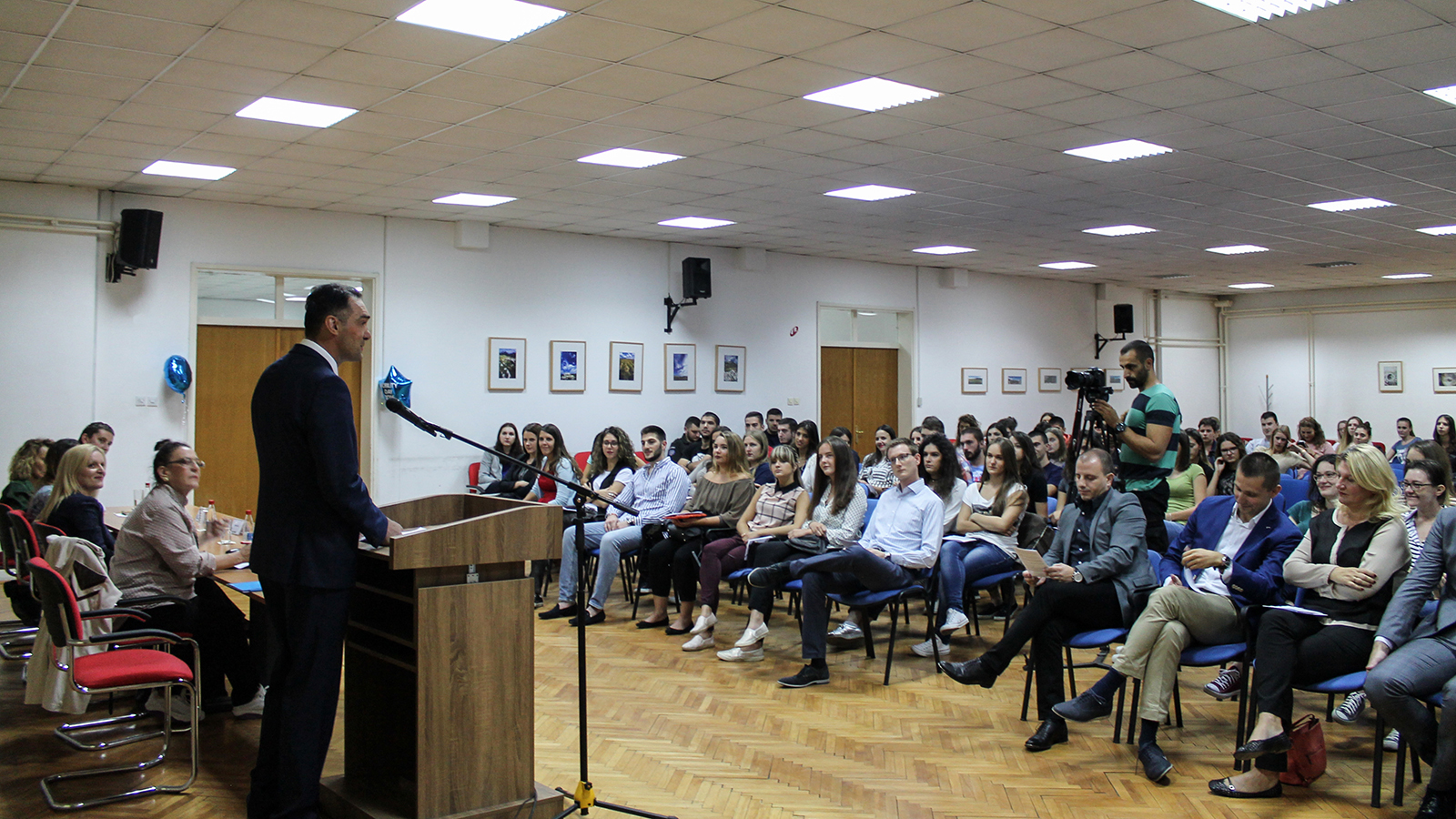 Kakvu je ulogu u Vašem životu i usavršavanju odigrao Univerzitet Crne Gore?
Kakvu je ulogu u Vašem životu i usavršavanju odigrao Univerzitet Crne Gore?
PROF. DR: POPOVIĆ: Univerzitet je gravitaciona tačka naših intelektualnih stremljenja, jedan od prostora u kojem se potvrđujemo i ostvarujemo, ram za portret ličnih sposobnosti i još mnogo toga. Od kada sam, tako privučen, došao na Univerzitet Crne Gore pa sve do danas, bez prekida sam vezan za njega. Najprije studijama, a kasnije i radnim odnosom. Nesumnjivo da je duga vezanost za ovu instituciju odigrala važnu ulogu u mom životu.
Nakon završetka studija dobio sam priliku da radim sa studentima, a to mi i danas pričinjava zadovoljstvo. Dobio sam i mogućnost da svojim radom napredujem u karijeri, da naučni rad valorizujem na velikom broju međunarodnih konferencija i slično. U nematerijalnom smislu dobio sam pripadnost akademskoj zajednici, koja stvara osjećaj ispunjenosti.
Od univerziteta sam dobio i više od onoga što sâm nudi, a to se ostvarivalo kroz boravke i usavršavanja na stranim univerzitetima, poput Birkbek koledža u Londonu, Kolumbija univerziteta u Njujorku i drugo. Zahvaljujući programima međunarodne mobilnosti studenata i nastavnika bio sam predavač na univerzitetima u više zemalja: Francuska, Poljska, Grčka, Rusija, Slovačka, Češka, Rumunija, Bugarska i niz drugih. Iako se tokom univerzitetske karijere veliki rad podrazumijeva, mogućnosti koje univerzitet može da otvori nisu male. Zauzvrat, ja sam univerzitetu u profesionalnom smislu posvetio čitavog sebe.
Koliko Vas je Univerzitet inspirisao i usmjerio za dalje ciljeve?
PROF. DR: POPOVIĆ: Pravu inspiraciju nalazim u samom karakteru univerziteta kao institucije. Taj karakter najbolje objašnjava etimologija riječi "univerzitet". U riječima universus i sveučilište, iako različitih korijena, sadržano je isto značenje – cjelovitost saznanja, odnosno potreba da se svijet i priroda objasne sveobuhvatnim pristupom. A tek ako bismo se poigrali riječima, dobili bismo neke interesantne asocijacije, kao, na primjer, da uni ver na španskom znači "jednog proljeća", uni vers na francuskom znači "jedan stih", a uni versus na latinskom jeziku znači "jedna linija". Nameću se asocijativna pitanja: Da li naučni metod zaista može donijeti proljeće čovjekovom i društvenom b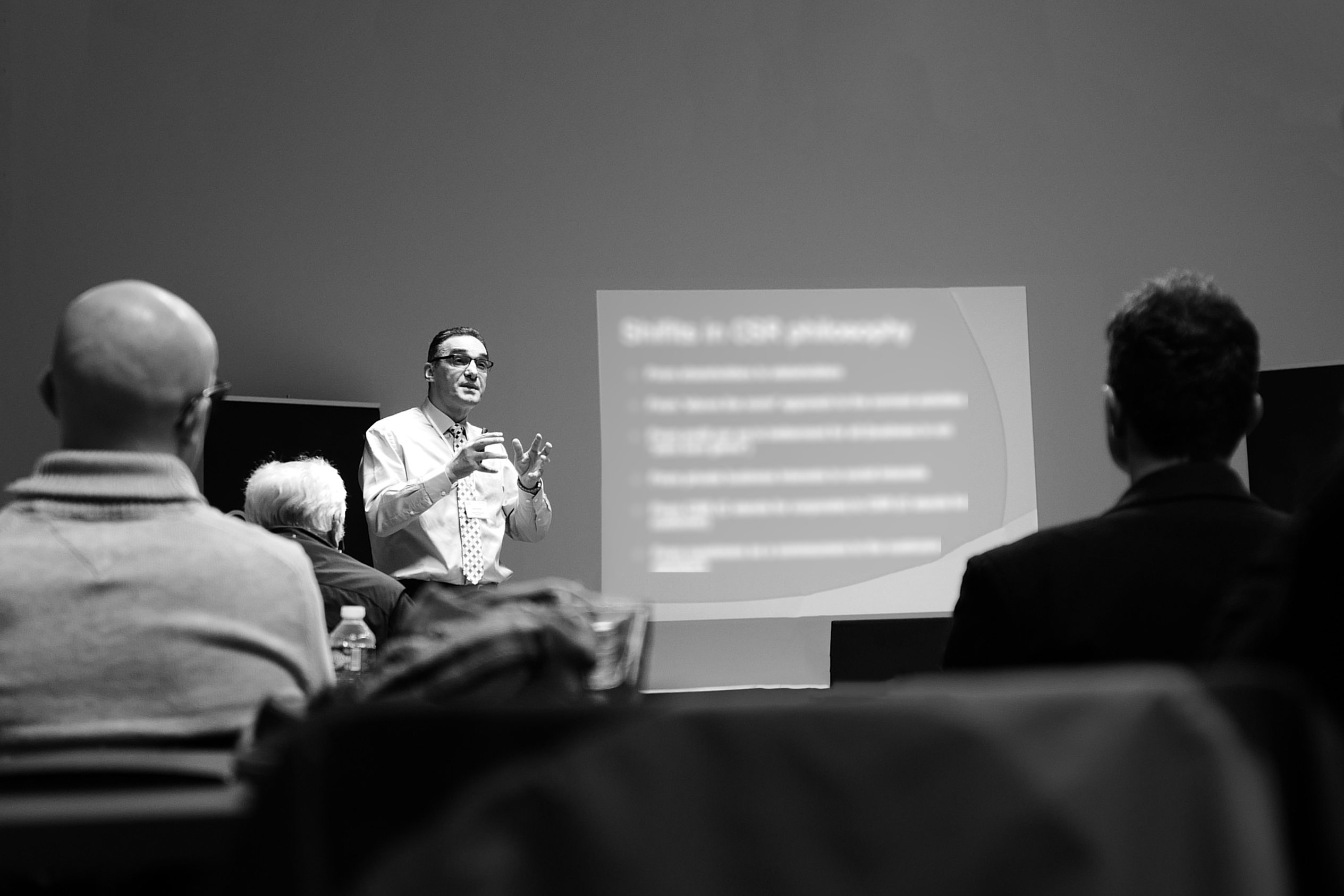 lagostanju? Jesu li i pjesma i naučni eksperiment isti izazov svijetu? Pišu li sve nauke istim perom, duž iste epistemološke linije? i tako redom.
lagostanju? Jesu li i pjesma i naučni eksperiment isti izazov svijetu? Pišu li sve nauke istim perom, duž iste epistemološke linije? i tako redom.
Nauke nisu Istina, one su samo istinite. Tek multi i transdisciplinarnim pristupom naučnim problemima možemo prići korak bliže onom univerzalnom, onom Jednom. U toj isprepletanosti prirodnih, društvenih, humanističkih i umjetničkih pristupa svijetu vidim zaista veliku inspiraciju. Ekonomisti, recimo, mogu od kolega biologa naučiti kako jedna biljka optimizuje svoj metabolizam i opstaje u uslovima oskudice vode. Od muzičara mogu naučiti kako promjena samo jednog tona u akordu mijenja dur u mol i tako bolje shvatiti kako se mijenjaju sentiment indikatori tržišta. Nema velike razlike između statike jednog građevinskog objekta i načela finansijske stabilnosti u bilansu stanja. Juhani Palasmaa, finski profesor i arhitekta kaže da bi arhitekturu trebalo posmatrati "očima kože", da bismo je svim čulima doživjeli. Fizičari bi vjerovatno rekli da suprotne strane svijeta nisu istok i zapad ili sjever i jug, već makro i mikro. Tako dolazimo do bogatijeg uvida u probleme koje proučavamo i jače podstičemo kreativne impulse u nama i našim studentima.
Kakav je značaj Ekonomskog fakulteta za crnogorsko društvo? Koliki doprinos su kroz istoriju profesori, studenti i ostalo osoblje fakulteta dali razvoju ekonomije i biznisa u Crnoj Gori?
PROF. DR POPOVIĆ: Na Ekonomskom fakultetu uvijek smo s ponosom isticali detalj iz biografije naše institucije – mi smo jedan od osnivača Univerziteta Crne Gore. Dakle, imamo neporecivo autorstvo u uspostavljanju naučnoistraživačke infrastrukture u Crnoj Gori. Dugo godina bili smo jedina visokoškolska institucija koja je obrazovala ekonomiste na sva tri nivoa studija. I danas smo najcjenjenija diploma u Crnoj Gori iz oblasti ekonomije i biznisa. Osim toga, veliki broj ličnosti iz političkog i javnog života zemlje školovani su na našem fakultetu. To je institucija koja svoje postojanje opravdava kako na tržištu obrazovanja, tako i na tržištu znanja. Pokretači smo razvojnih inicijativa kojima se povećava ponuda i kvalitet obrazovnih usluga i istraživačkih projekata. Otvorena smo platforma za javne rasprave o aktuelnim pitanjima iz društvenog i ekonomskog života.
Koliko se Ekonomski fakultet razvio i transformisao od vremena kada ste Vi bili student?
PROF. DR POPOVIĆ: Danas je to sasvim drugačija institucija u odnosu na onu iz vremena kada sam studirao. Najprije, promijenile su se društvene okolnosti koje su uticale i na promjenu naše institucije – prelazak s jednog društveno-ekonomskog sistema u drugi, privatizacija, tehnički progres, informatička revolucija, internet, i mnogo drugog.
Ono što je na nivou fakulteta primijenjeno odnosi se na to da su uslovi rada modernizovani, nastavni programi osavremenjeni, povećano učešće mladih ljudi u nastavi i istraživanjima, koji uspješno ispunjavaju svoje naučno istraživačke i pedagoške obaveze, govore stane jezike i imaju međunarodno iskustvo. Ojačane su veze sa privredom i podignut veći stepen internacionalizacije fakulteta.
Ranije su studenti imali osjećaj da više pripadaju svom fakultetu nego univerzitetu. Vjerojatno zbog same bliskosti sa institucijom u kojoj su provodili vrijeme. Ili, možda, zbog toga što je tokom dužeg perioda visokoškolske istorije Crne Gore postojao sam jedan – državni univerzitet. Ali, stvari su se promijenile. Sada je jasno da ono što daje duh, karakter i kvalitet čitavom sistemu visokoobrazovnih institucija jeste osobenost samog univerziteta kojem pripadaju. Zato nije čudo što se u svijetu identitet studenata i nastavnika uglavnom gradi na identitetu univerziteta.
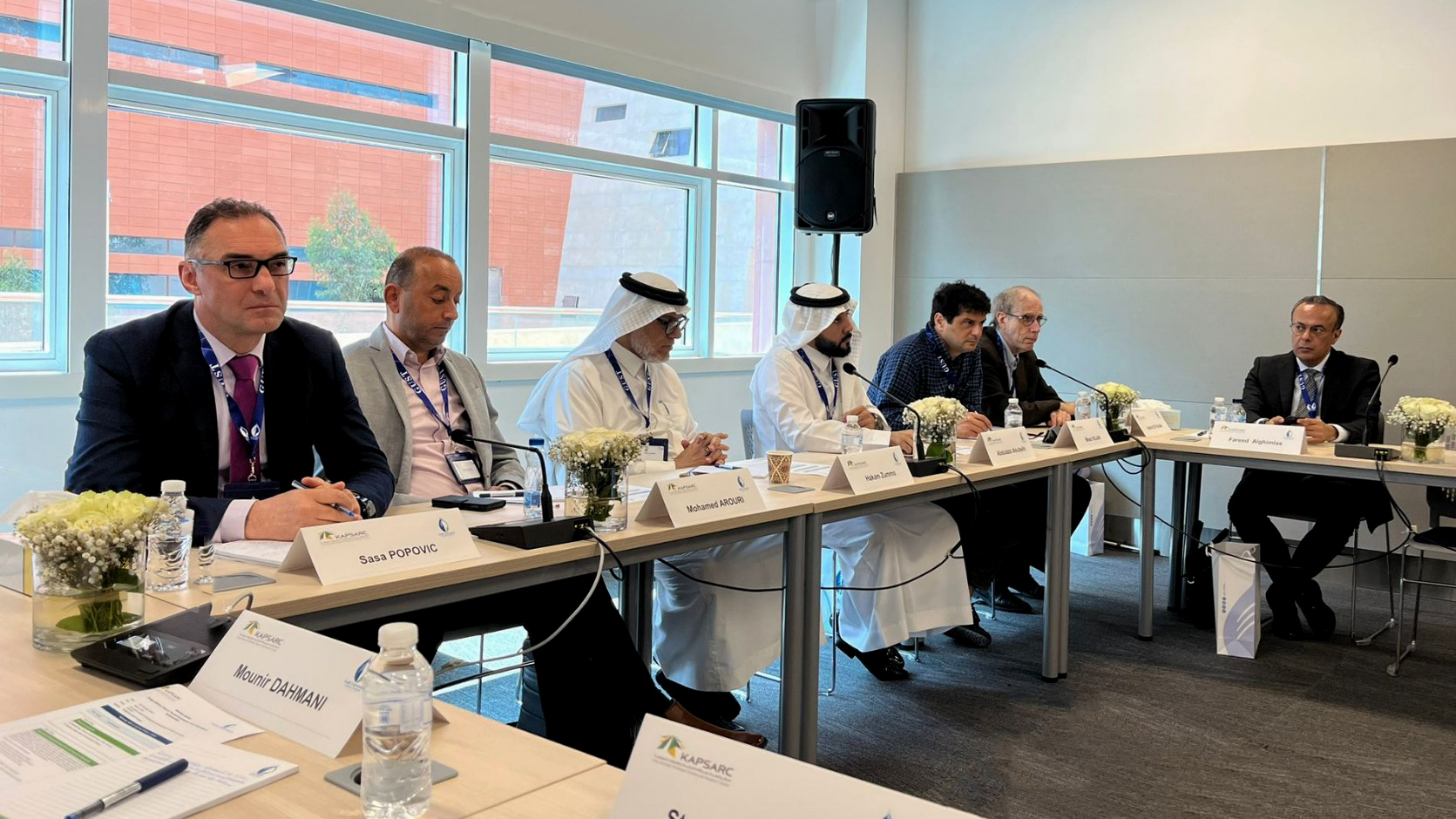 U svojim naučnim radovima, između ostalog, bavili ste se zelenim pristupom ekonomiji. Na koje načine te vrijedne nalaze prenosite na studente i usmjeravate ih ka zelenoj ekonomiji?
U svojim naučnim radovima, između ostalog, bavili ste se zelenim pristupom ekonomiji. Na koje načine te vrijedne nalaze prenosite na studente i usmjeravate ih ka zelenoj ekonomiji?
PROF. DR POPOVIĆ: Svako znanje mora se prenositi na atraktivan način: naučno fundiran, intelektualno provokativan, kritički osvijetljen, istraživački ažuriran, dijalektički analiziran. Uz sve to potrebna je harizma predavača i otvoren um studenata. Mislim da je najvažnije osloboditi studente stida od neznanja. Mladim ljudima treba dozvoliti da griješe bez osjećanja grijeha, jer to osjećanje blokira otvaranje prema novom znanju.
Potreba da se dostigne zeleni razvoj kroz obrazovni proces mogla bi se bolje objasniti igrom riječi, pa umjesto visoko obrazovanje za zelenu ekonomiju reći zeleno obrazovanje za visoku ekonomiju. To su razvojni trendovi koje su nametnule ranije greške u shvatanju ekonomskog razvoja, načina obavljanja ekonomske aktivnosti i efekata tehnološkog progresa.
Nastojim da ukažem na to da je neophodna promjena razvojne paradigme koja počiva na stavu da su resursi ograničeni. Nisu samo resursi ograničeni, već i naša sposobnost da njima efikasno upravljamo. Našaliću se, jer u svakoj šali ima po malo istine, i reći: Dajte što prije vještačku inteligenciju dok ova prirodna nije uništila i nas i prirodu. Često, kada govorim o zelenoj ekonomiji, kažem: Pogledajte način na koji su vaši preci koristili resurse i shvatićete šta je zelena ekonomija. Moramo jasno ukazati na to da su serijska i masovna industrijska proizvodnja odvojile od prirode proizvođača i od njega napravile zagađivača.
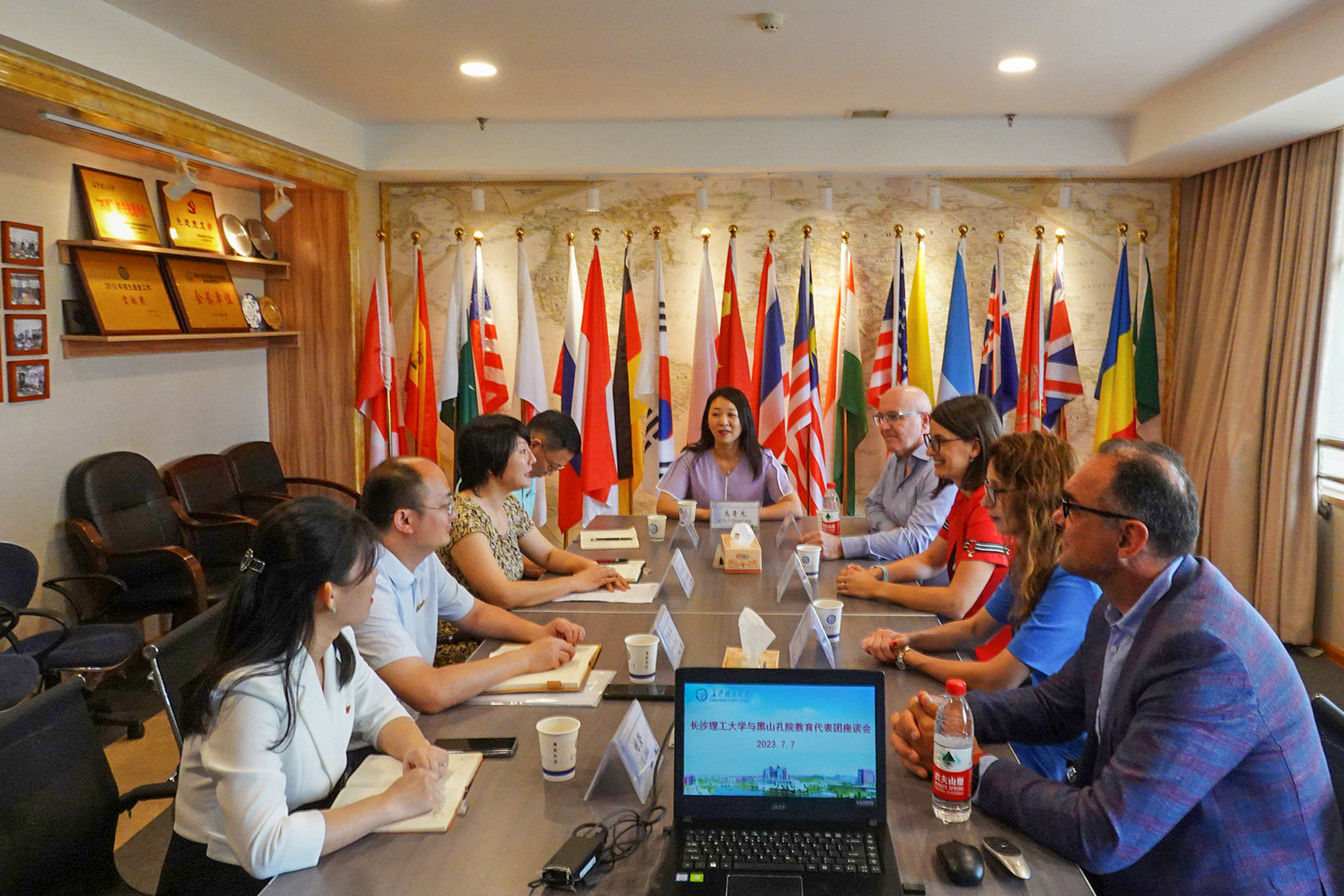 Kao nekadašnji prodekan za međunarodnu saradnju Ekonomskog fakulteta kako ocjenjujete značaj mobilnosti za Ekonomski fakultet?
Kao nekadašnji prodekan za međunarodnu saradnju Ekonomskog fakulteta kako ocjenjujete značaj mobilnosti za Ekonomski fakultet?
PROF. DR POPOVIĆ: U tom periodu udvostručili smo mobilnost studenata i nastavnika na našem fakultetu. S druge strane povećalo se interesovanje stranih studenta i nastavnika za dolazak na naš fakultet. Posebno me radovalo kada naši studenti na stranim fakultetima polože predviđene ispite i kada primijetim da su se vratili bogatiji za nova iskustva i prijateljstva. Često se dešavalo da i ono što su vidjeli kao naše nedostatke primijete i kod drugih univerziteta. Nakon toga opreznije donose zaključke, postaju tolerantniji na drugačije i nepoznato. To su oni manje primjetni elementi akademske mobilnosti, ali za lični razvoj i socijalizaciju značajniji od ocjene na ispitu. Vjerujem da će naš novi studijski program, koji se u potpunosti sprovodi na engleskom jeziku dati još veći doprinos internacionalizaciji Ekonomskog fakulteta i Univerziteta.
Šta biste poručili Univerzitetu za njegov 50. rođendan? Kakve savjete za budućnost biste dali?
PROF. DR POPOVIĆ: Univerzitet Crne Gore je u ozbiljnim godinama – ozbiljnim u smislu njegove zrelosti i u smislu zahtjeva koje mu novo vrijeme nameće. Kao i kod čovjeka, on je u dobi kada se misli sintetizuju, a iskustva valorizuju. Shodno tome, preporuka je da uspostavi čvrst i pouzdan etički kodeks, brine o akademskom integritetu, nastavi sa unapređenjem naučnoistraživačke djelatnosti, sa uvođenjem savremenih pedagoških praksi i time dâ doprinos prosperitetnijoj budućnosti Crne Gore. Univerzitet, kao i društvo, napreduje ako ga naučna misao vodi, a umjetnički duh oblikuje!

